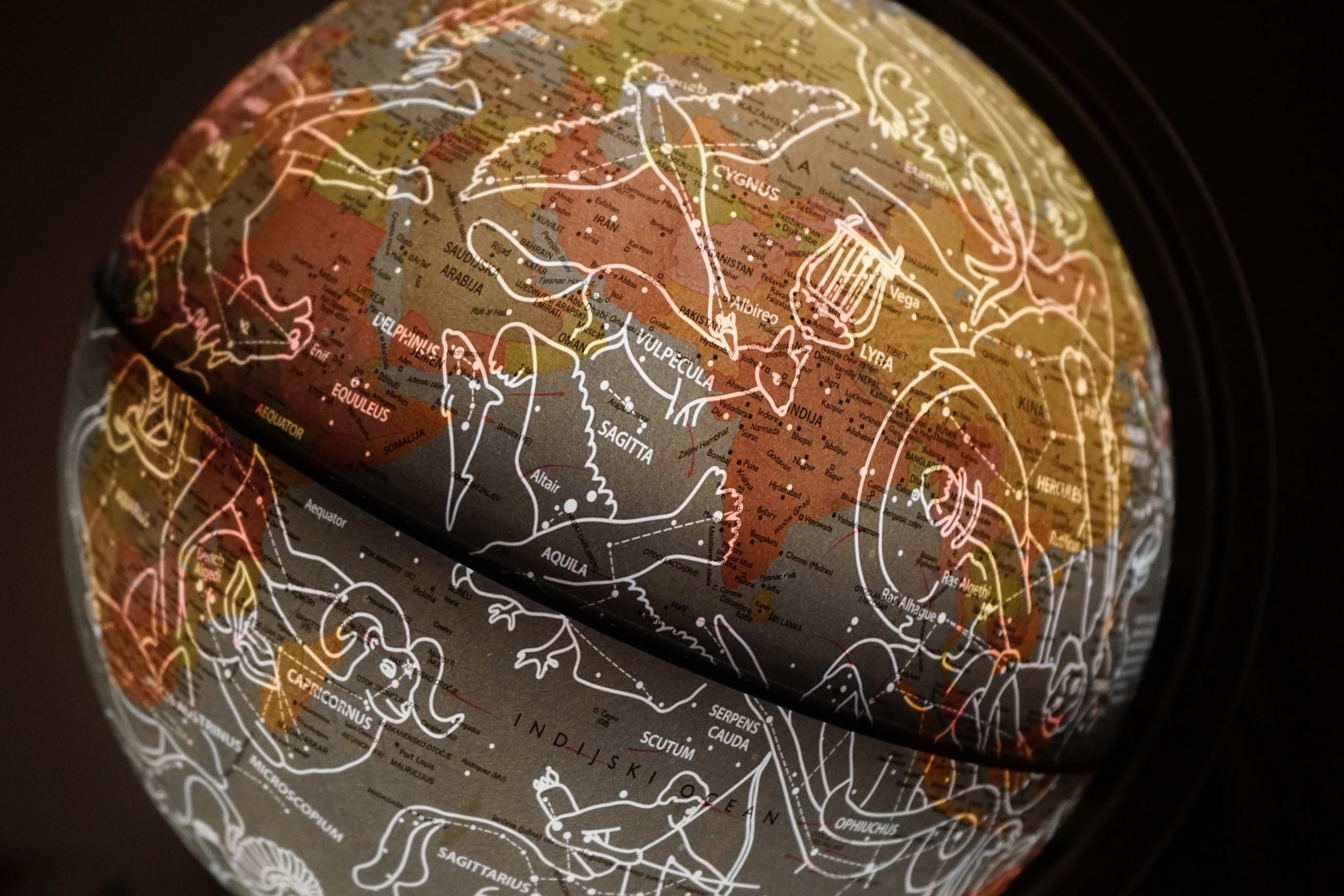Karma and Reincarnation: Exploring Paramahansa Yogananda’s Insights
Paramahansa Yogananda, a renowned yogi and spiritual teacher, shared profound wisdom and insights on the concepts of karma and reincarnation. In his seminal work, Autobiography of a Yogi, he explores the intricate relationship between these fundamental principles of Eastern philosophy and spirituality. Through his teachings, Yogananda guides us on a transformative journey that delves into the depths of the human soul, unveiling the mysterious workings of karma and the eternal cycle of rebirth.
Understanding Karma
Karma, a Sanskrit word meaning “action” or “deed,” lies at the core of most Eastern philosophies and spiritual traditions. Yogananda defines karma as the universal law of cause and effect, stating that every action, whether physical, mental, or emotional, produces corresponding consequences. Simply put, karma is the accumulated result of our thoughts, words, and deeds in this life and across multiple lifetimes.
According to Yogananda, karma operates on various levels, encompassing not only individual actions but also collective karma and planetary influences. He emphasizes that karma is not a form of divine punishment but rather a mechanism for learning and growth. Through the law of karma, individuals experience the repercussions of their actions, enabling them to evolve and refine their consciousness.
Understanding the Law of Karma
Yogananda articulates three fundamental aspects of the law of karma:
- Every action has consequences, whether positive or negative.
- The consequences of our actions may not be immediate, extending beyond our current lifetime.
- We have the power to shape our future by consciously choosing our thoughts and actions in the present.
Yogananda emphasizes that by understanding and actively engaging in positive actions, we can align ourselves with the divine cosmic order and create a future filled with harmony and happiness. Conversely, negative actions accumulate negative karma, leading to suffering and obstacles in our spiritual journey.
Reincarnation: The Cycle of Birth and Death
Reincarnation, an integral part of Eastern spiritual traditions, explores the notion that the soul is eternal and experiences multiple lifetimes, born again and again in different physical bodies. Yogananda explains that reincarnation allows the soul to evolve and learn from diverse experiences, gradually progressing toward spiritual enlightenment.
He describes the physical body as a temporary vehicle for the soul’s evolution, comparing it to a garment that the soul discards once it can no longer serve its purpose. The process of reincarnation involves the soul entering a new body and continuing its journey of self-realization.
The Interplay of Karma and Reincarnation
In Yogananda’s teachings, karma and reincarnation are intrinsically linked. Reincarnation serves as the medium through which the soul reaps the consequences of its past actions, both positive and negative. The effects of karma manifest in each successive lifetime, shaping the circumstances and challenges an individual encounters.
In this interplay, Yogananda explains that karma determines the conditions into which we are born, including our talents, tendencies, and the people we attract into our lives. These circumstances provide the necessary opportunities for the soul to learn, grow, and resolve its karmic debts.
Yogananda stresses that understanding the law of karma and the cyclic nature of reincarnation empowers individuals to create positive change in their lives. By consciously shaping their thoughts, actions, and intentions, individuals can break free from negative cycles and create a future filled with spiritual progress and fulfillment.
Application of Karma and Reincarnation in Life
Yogananda’s teachings on karma and reincarnation invite us to reflect on our everyday actions and the impact they have on our spiritual journey. Here are some ways we can apply these principles:
1. Cultivating Awareness
Awareness is the first step in understanding the interplay of karma and reincarnation. By observing our thoughts, intentions, and actions, we can become conscious of the karmic patterns that influence our lives. This awareness enables us to make conscious choices and align our actions with our highest ideals.
2. Taking Responsibility
Recognizing that we are the architects of our own destiny empowers us to take responsibility for our thoughts, emotions, and actions. Rather than blaming external circumstances, we can focus on self-improvement and making choices that lead to positive karma and spiritual growth.
3. Practicing Forgiveness and Compassion
Forgiveness is a powerful tool for releasing negative karma. By letting go of past grievances and cultivating compassion, we free ourselves from the cycle of resentment and create space for love and healing. Acts of kindness and compassion also generate positive karma, leading us closer to spiritual liberation.
4. Seeking Self-Realization
The ultimate goal of understanding karma and reincarnation is self-realization—the complete knowing and experiencing of our true nature as divine souls. Through meditation, self-reflection, and spiritual practices, we deepen our connection with the higher self, transcending karma and attaining spiritual liberation.
Conclusion
The teachings of Paramahansa Yogananda shed light on the intricate relationship between karma and reincarnation, guiding us on a path of self-discovery and spiritual growth. By understanding and applying these principles in our lives, we can consciously shape our destiny, break free from negative cycles, and evolve towards self-realization.
As Yogananda says, “The law of karma is the law of cause and effect by which each individual creates his own destiny through his thoughts, words, and deeds.”
Let us embark on this transformative journey of self-awareness, compassion, and personal responsibility, sowing seeds of positive karma and embracing the eternal cycle of reincarnation.
References:
Table of Contents
